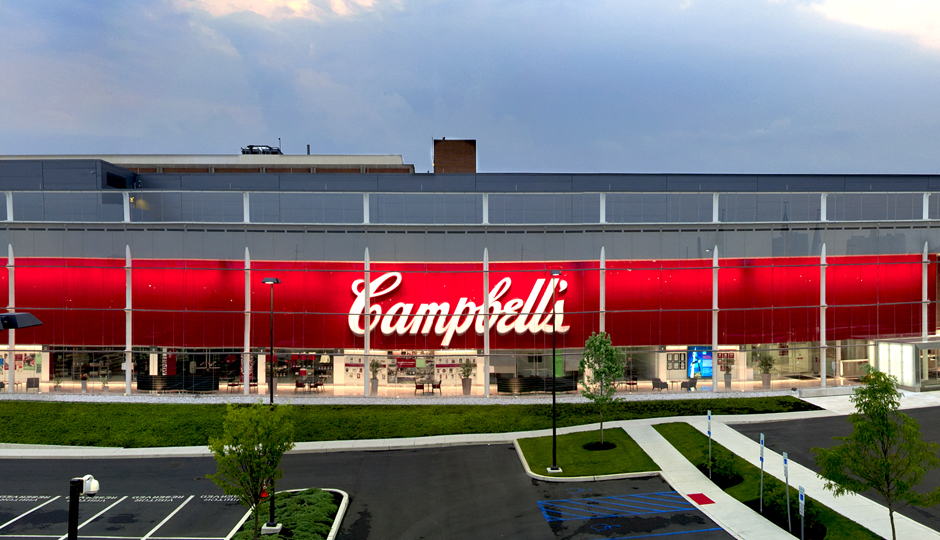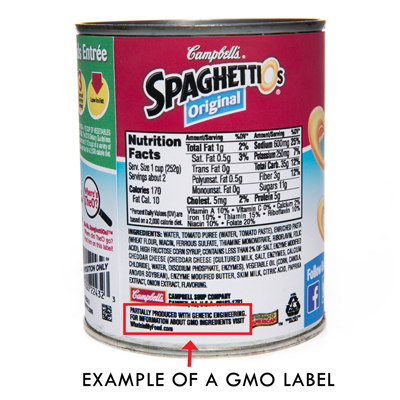Campbell Soup to Disclose GMO Ingredients, Whether It’s Mandatory or Not
Campbell Soup Co. has taken a strong position on the debate over adding special labels to foods that are derived from genetically modified organisms (GMOs) — and it’s even going to put GMO labels on its own products whether it’s required or not.
On Friday, the Camden, N.J.-based food giant issued a statement urging the federal government to create “a national standard for labeling requirements to better inform consumers about this issue” and wants the government to require all foods and beverages regulated by the Food and Drug Administration and U.S. Department of Agriculture to be clearly and simply labeled for GMOs. Common ingredients that are genetically modified are corn, soy and sugar beets.
So far, GMO labeling is only required in Vermont.
“The company continues to oppose a patchwork of state-by-state labeling laws, which it believes are incomplete, impractical and create unnecessary confusion for consumers,” the company said. It makes a slew of popular products from Prego pasta sauce to V8 juice to Pepperidge Farm baked goods.
Campbell’s was careful to say that “GMOs are safe,” not nutritionally different from other foods and “will play a crucial role in feeding the world.” But opponents connect GMOs to a rise in autoimmune diseases, infertility, gastrointestinal problems and chronic diseases.
So why is Campbell’s pushing for GMO labeling? Wouldn’t that lead GMO-wary customers away from Campbell’s products that contain GMOs?
Campbell’s President and CEO Denise Morrison said in a statement that consumers want honesty and transparency from food companies. In fact, she said 92 percent of consumers are in favor of GMO labels.
“There is currently no federal regulation requiring labeling that informs consumers about the presence of GMOs in their food. In the absence of federal action, many states—from California to Maine—have attempted to address this issue,” said Morrison. “Campbell has opposed this state-by-state patchwork approach, and has worked with GMA to defeat several state ballot initiatives. Put simply, although we believe that consumers have the right to know what’s in their food, we also believe that a state-by-state piecemeal approach is incomplete, impractical and costly to implement for food makers. More importantly, it’s confusing to consumers.”
Still, she was careful to stress that GMOs are safe.
“The overwhelming weight of scientific evidence indicates that GMOs are safe and that foods derived from crops using genetically modified seeds are not nutritionally different from other foods,” she said. “In America, many farmers who grow canola, corn, soybean and sugar beets choose to use genetically modified seeds and have done so for nearly 20 years.”
Like what you’re reading? Stay in touch with BizPhilly — here’s how:
- Follow BizPhilly on Twitter and follow editor Jared Shelly here.
- Get the BizPhilly Newsletter
- Like BizPhilly on Facebook
- Check out the BizPhilly homepage




